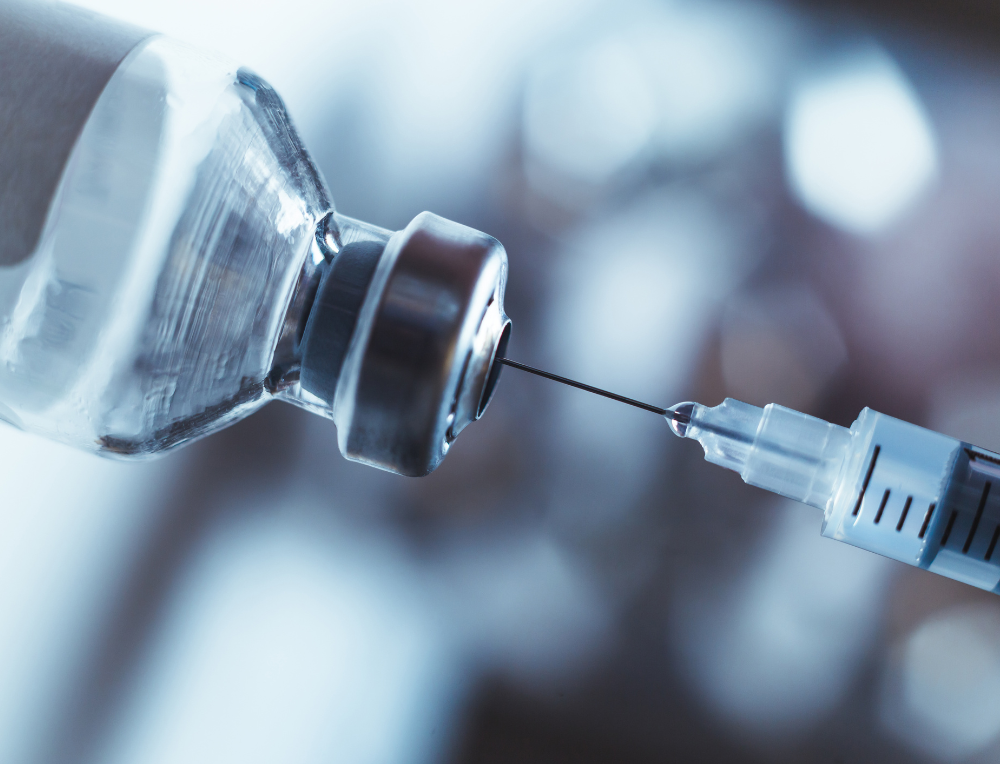Overcoming Barriers: Financing and Service Delivery for Vaccination in Fragile and Conflict-Affected States

Breast cancer screening saves the lives of two women for every one patient who receives unnecessary treatment, according to a major European review.
There has been a fierce debate about the use of screening, and policy is being reviewed in England.
The latest study, published in the Journal of Medical Screening, said at least seven lives were saved for every 1,000 women screened.
Health charities say the findings will provide further clarity for women.
Mammograms spot dangerous tumours, increasing the chances of survival, but also detect lumps that are essentially harmless, exposing some women to undue anxiety and surgery.
Tens of thousands of women die from breast cancer across Europe each year. The effectiveness of screening programmes across the continent was evaluated in a series of studies.
It concluded that for every 1,000 women screened, between seven and nine lives were saved and four cases were over-diagnosed.
One of the lead researchers Prof Stephen Duffy, from Queen Mary, University of London, said the study “confirms that the screening services are delivering the benefits expected from the research studies conducted years ago”.
“In particular, it is good news that lives saved by screening outweigh over-diagnosed cases by a factor of two to one,” he said.
“Screening doesn’t just save lives today or tomorrow, it saves lives 10-20 years down the line.”
In England, the Department of Health is reviewing the evidence around breast cancer screening, which started in 1988. The findings will be published later this year.
The charities Breakthrough Breast Cancer and Breast Cancer Campaign said in a joint statement: “This hugely detailed, impressive piece of work supports the widely held view that breast screening saves lives by helping to detect breast cancer early.
“As charities, we will be working closely with the screening programme to ensure women receive the best possible information on both the potential benefits and risks of breast screening.
“In the meantime, if women have any questions we advise them to discuss these with their doctor.”
Dr Julie Sharp, Cancer Research UK’s senior science information manager, said: “This study adds to the information which is currently being independently reviewed on the harms and benefits of breast screening. The independent panel is taking account of all relevant views, studies and evidence. We look forward to the conclusions, which will be available later this year.”
What is your reaction to the outcome of the breast cancer screening review? You can send us your thoughts and experiences using the form below.
http://www.bbc.co.uk/news/health-19571173